

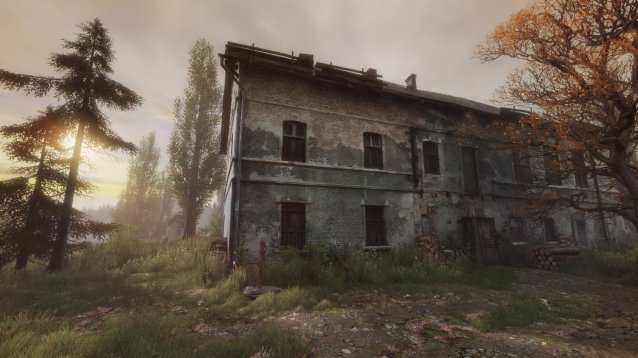
Sometimes, an idea that goes into the creation of a game can be a bad one. That doesn’t mean the game or the story it’s trying to tell is necessarily poor, but it means the game fails in its execution. The Vanishing of Ethan Carter is one of those games.
A writer once told me that penning games is more complicated than books or movies because they’re still trying to figure out how to write games. Ethan Carter can serve as a poster child for that struggle, because its story is very interesting but how it’s told in the game is all wrong. It’s difficult to explain why in detail without spoiling it, but essentially it has the same core issue that Gone Home had: you’re playing a character who is watching someone else’s story. Unlike Gone Home, however, you aren’t even an offscreen character in Ethan Carter. In Gone Home you were the sister who went away; in Ethan Carter, none of what happens really has anything to do with you. There is a disconnect between the player and the story.
Nonetheless, Ethan Carter is an engaging experience for a while, before you get a handle on what kind of game it is. It’s a “walking simulator” and a classic #notagame, but it’s also a mystery -- a child named Ethan Carter has disappeared, and you’re here to find him/figure out what happened to him. Your job is to explore the world looking for clues, a la LA Noire or Murdered: Soul Suspect, in order to make sense of what’s going on. And this is compelling at first, but it’s when the sense-making happens that the cracks are exposed.
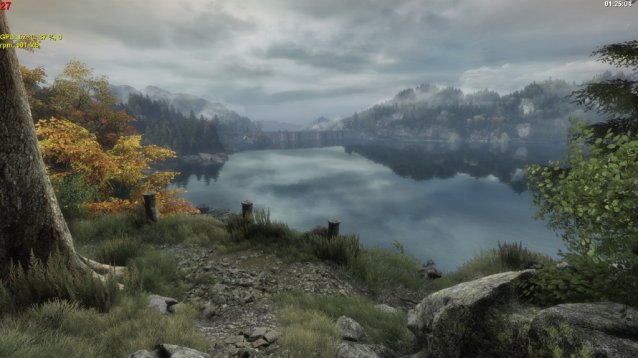
Ethan Carter isn’t content with letting you do the legwork; it must provide the actual text as well. It’s not a true investigation narrative in the sense that players examine a crime scene and then make an estimate about what occurred before all is revealed at the end. Once players complete all the investigative steps for a particular scene, they game straight up depicts the events as they occurred.
As more scenes transpired, the less alluring the experience became. When the game began, I never sprinted anywhere, but by the time it was over I ran constantly. I went from soaking in the experience to trying to “beat it” because the experience increasingly lost its luster the more I explored, and the more I uncovered the mystery.
The more I learned about the goings on of Red Creek Valley, the more I realized I was the sousy detective who shows up at the end of every noir film to helplessly shake his head at the carnage. That’s not a good role for the protagonist of a video game.
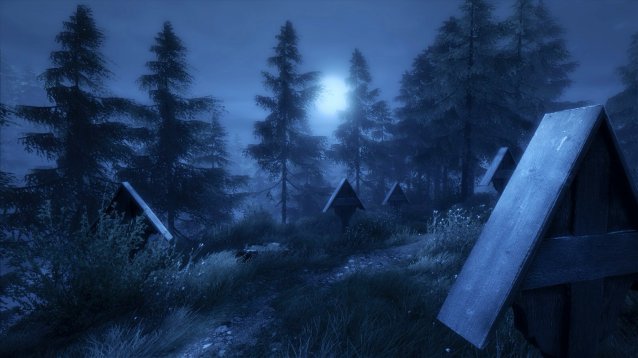
The issue is a simple one of structure: you’re playing the frame structure of this story and viewing what happens after. Unlike in a movie or a novel, where these separate narratives would be on equal footing in terms of viewer consumption until they eventually come together, a story like this doesn’t work in a game where you only play the frame. Ethan Carter lacks narrative equality.
The game's ending fits the framework of its story, but it feels like a complete betrayal of the game the player experiences.
Even so, there are bits and pieces out of context that are enjoyable and even touching. Aside from the investigative scenes there are several puzzles and clues scattered around that indicate a more compelling and barebones experience without being overly obtuse.
That’s the irony of The Vanishing of Ethan Carter in a nutshell. When you first start up the game, it declares that it “is a narrative experience that does not hold your hand,” but that’s true only of its mechanics. Narratively it holds your hand so tightly that once it was over I had to wait a few minutes for feeling to return.
5 out of 10
The Vanishing of Ethan Carter was developed and published by The Astronauts. It was released on September 25th, 2014, and is available on PC for $19.99. A copy of the game was provided by the publisher for this review.

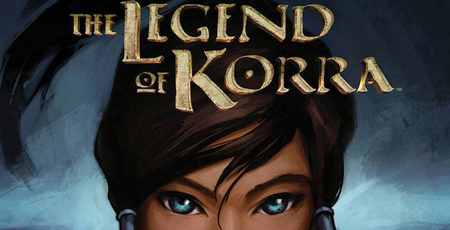

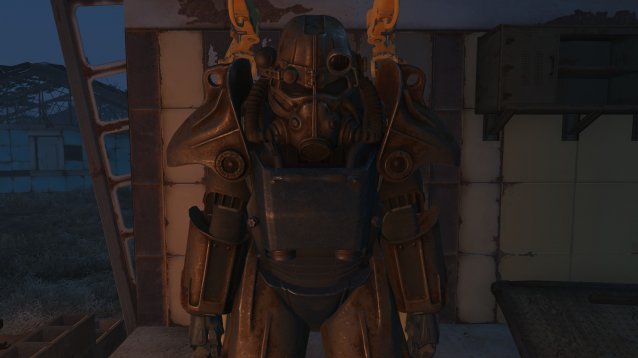
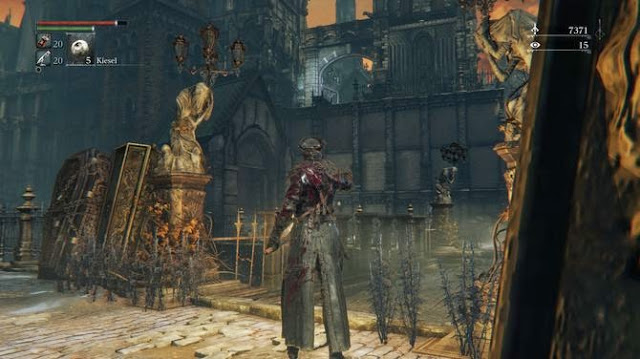 Bloodborne (PS4) Violas Daughter (NPC) Location, Battle
Bloodborne (PS4) Violas Daughter (NPC) Location, Battle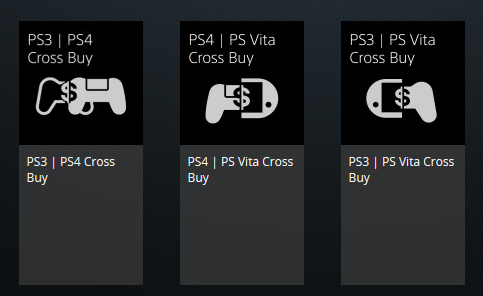 5 Of The Best Cross-Buy PlayStation Games You Should Play
5 Of The Best Cross-Buy PlayStation Games You Should Play Evolve Wiki – Everything you need to know about the game .
Evolve Wiki – Everything you need to know about the game . Top 7 Best Online Virtual Worlds for Kids
Top 7 Best Online Virtual Worlds for Kids 4 Steam Skins That Will Blow Your Mind
4 Steam Skins That Will Blow Your Mind